Found a sick or injured animal?
Report: : 112
Contact for consultation: +370 605 72837
Assistance is available 24 hours a day at
Jurginų St. 6, Naujieji Muniškiai, Kauno raj.
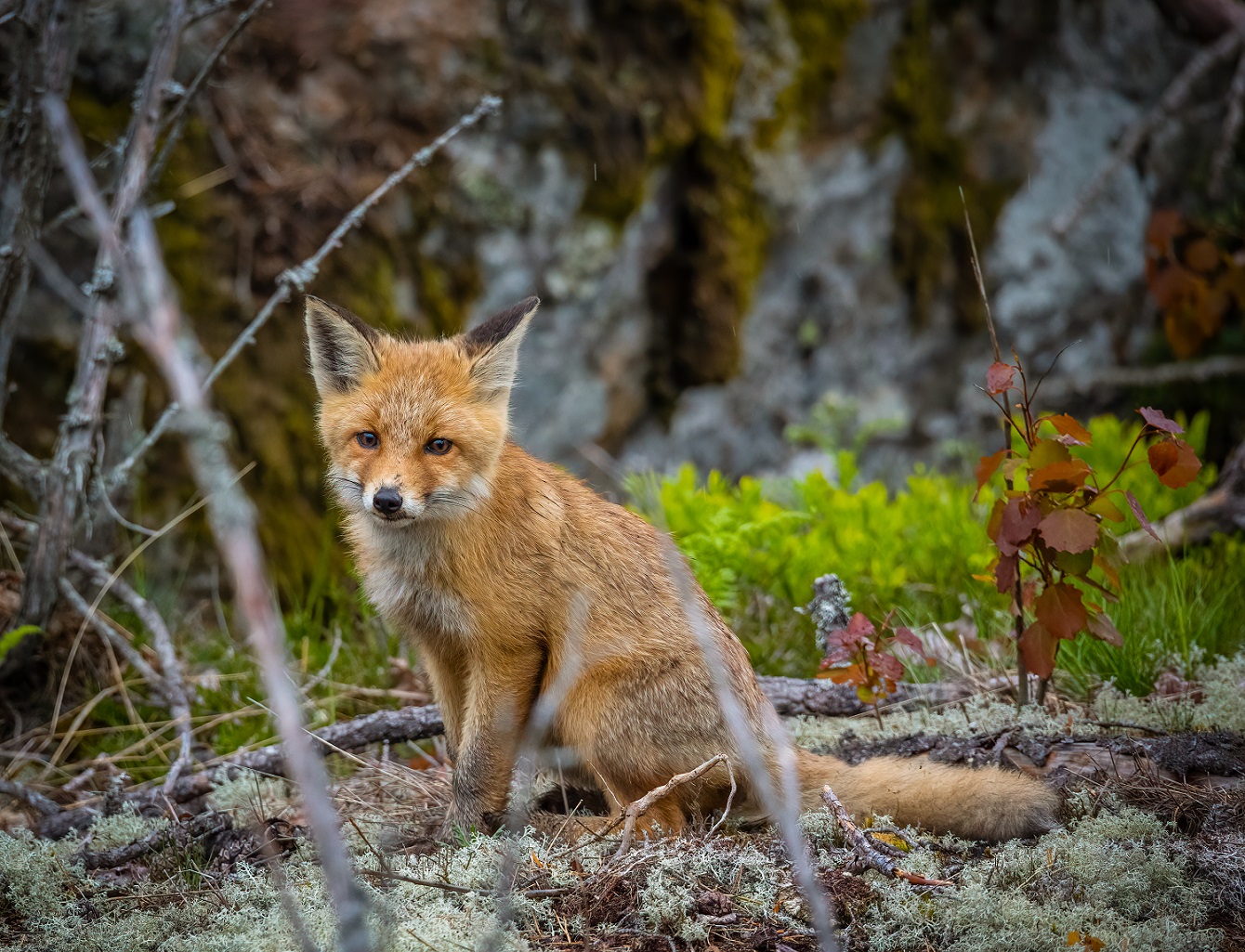
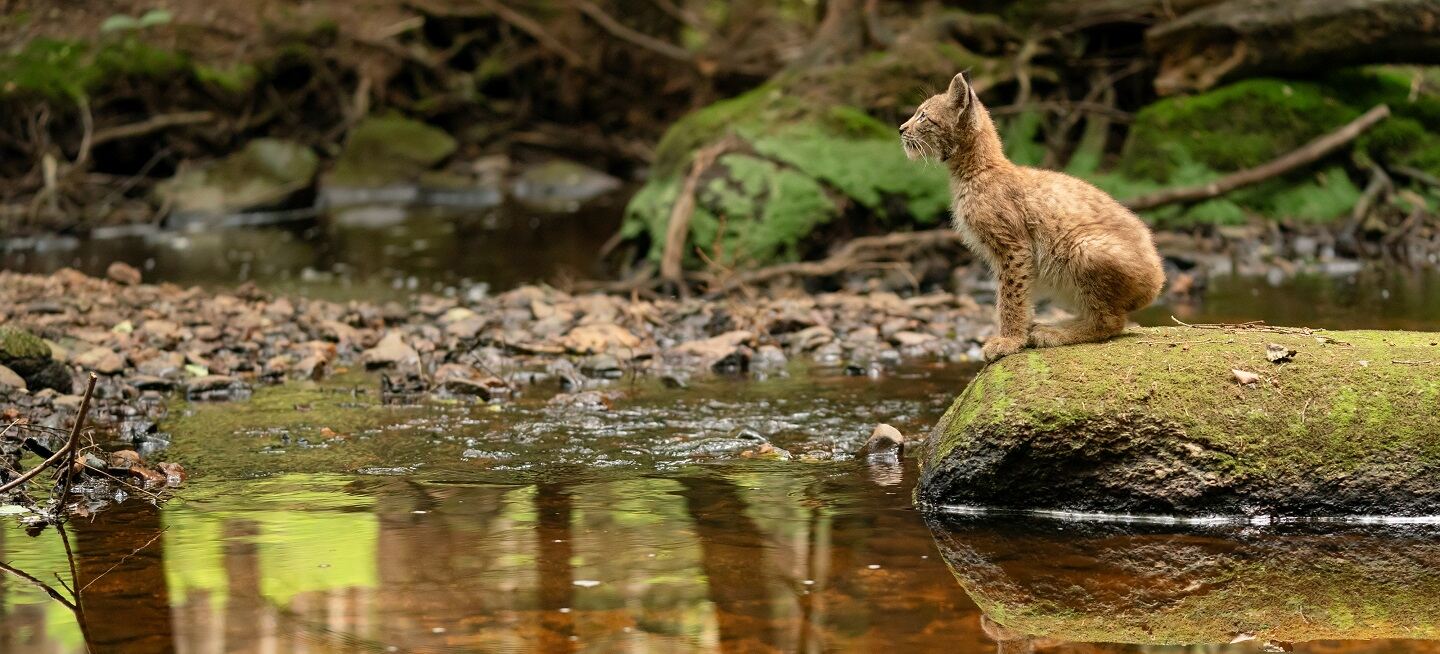
The LSMU Wildlife Rescue Centre is the only centre in the country where from the beginning of 2024, around the clock, 7 days a week, assistance is provided to wild animals taken from unsuitable environment, confiscated or requiring care from all over Lithuania.
Report: : 112
Contact for consultation: +370 605 72837
Assistance is available 24 hours a day at
Jurginų St. 6, Naujieji Muniškiai, Kauno raj.

The modern complex of the LSMU Wildlife Rescue Centre (LGGC) buildings consists of veterinary treatment facility with wild animal reception, inspection facilities, operating room, laboratory, animal treatment-rehabilitation, public education, staff facilities, quarantine facility, indoor and outdoor animal housing.
The veterinary assistance provided by the LSMU LGGC to wild animals, their care, rehabilitation will improve the survival of wild animals, increase their likelihood of release and will provide greater possibilities for transfer to the appropriate conditions.
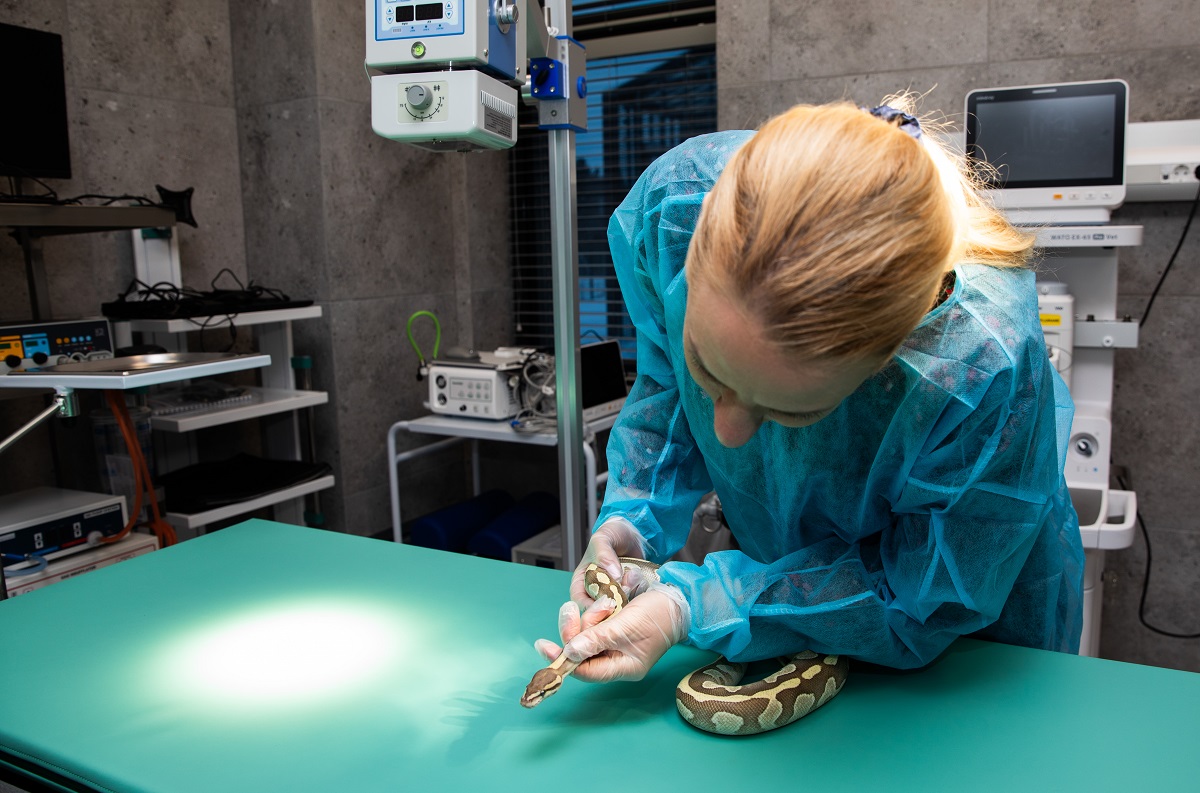
Many people upon seeing an injured or seriously ill animal wish to help it, regardless of whether it is a wild animal or a pet. However, wild animals are a part of nature, where unique rules apply. Life in nature sometimes is merciless and brutal, but by attempting to interfere in it we may worsen the current situation.
Diseases and death are a natural part of life, however, in nature nothing ends with the death of a single animal. A weak or ill animal becomes the prey for the predator and its food, which allows it to feed itself and its young. By saving a single weakened animal we can cause harm to another, healthy and fit member of the same ecosystem.
Therefore, the purpose of saving a wild animal must be to alleviate the damage of human activity, thus reducing our own impact to nature and not increasing it.
Wild animals hide symptoms of pain and illness, this helps them protect themselves from predators in their natural environment. Because of this it is often hard to notice when they need assistance, however all animals give certain signs, which aid in understanding when we should be concerned about their condition:
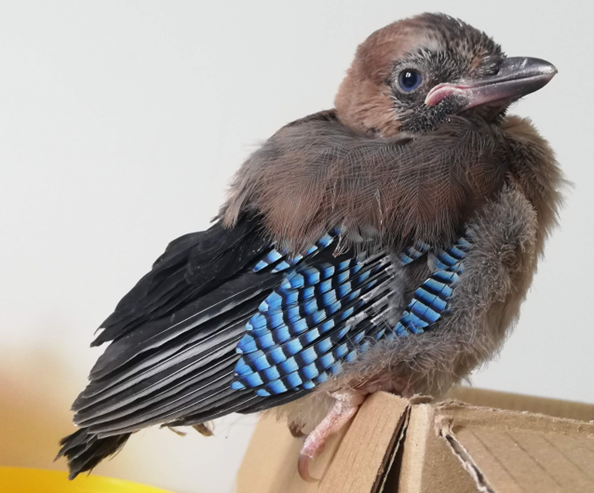
Most of the birds that are found in humans are already almost self-sufficient. These are birds that have left their nest and are supervised by their parents, who do not yet know how to fly fully, but they do not need our help. Independent chicks can stand firmly on their feet, jump or run, and grab a branch with their toes. These birds usually have some feathers on their entire body, can fly short distances, but cannot fly fully. Usually, such birds leave the nest and do not return to it, so such a chick should not be returned to the nest, it will still jump out of it. If you notice such a chick, you should make sure that your pets do not pose a threat to the bird, and if you are sure that the baby bird is in an unsafe place, it can be moved to a nearby bush or tree branch.
If the baby bird is not yet fully covered with feathers, the spots of bare skin are visible, is covered with fuzz, can not stand firmly on its legs, much less walk, hop and completely cannot fly, then such a chick needs help. If you find such a chick on the ground, then it is very likely that its nest is nearby. If you can find a nest (it can be well hidden), return the bird back as soon as possible. Don’t worry – the bird’s parents don’t recognise the chicks by smell, and they don’t abandon their chick if touched by a human. If the nest has been destroyed, you can make a new, artificial nest, and place it in the place of the former nest or next to it. Put the chick back and see if the parents come back.
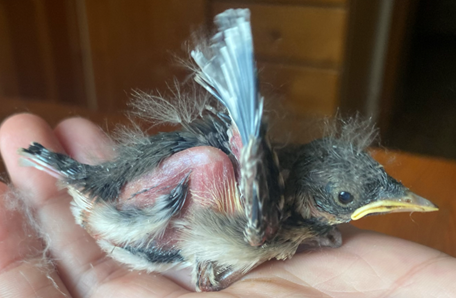
If the parents of the chick do not return to the nest, the baby bird can not be returned to its former nest. If it is injured, or for other reasons you are absolutely sure that the chick needs help, notify the emergency services by phoning 112. If a sick, injured or unable to survive independently baby bird needs urgent help, veterinary surgeons of the LSMU Wildlife Rescue Centre are on duty 24 hours a day, 7 days a week and are ready to consult by phone or accept injured animals for treatment and care as well as their injured young.
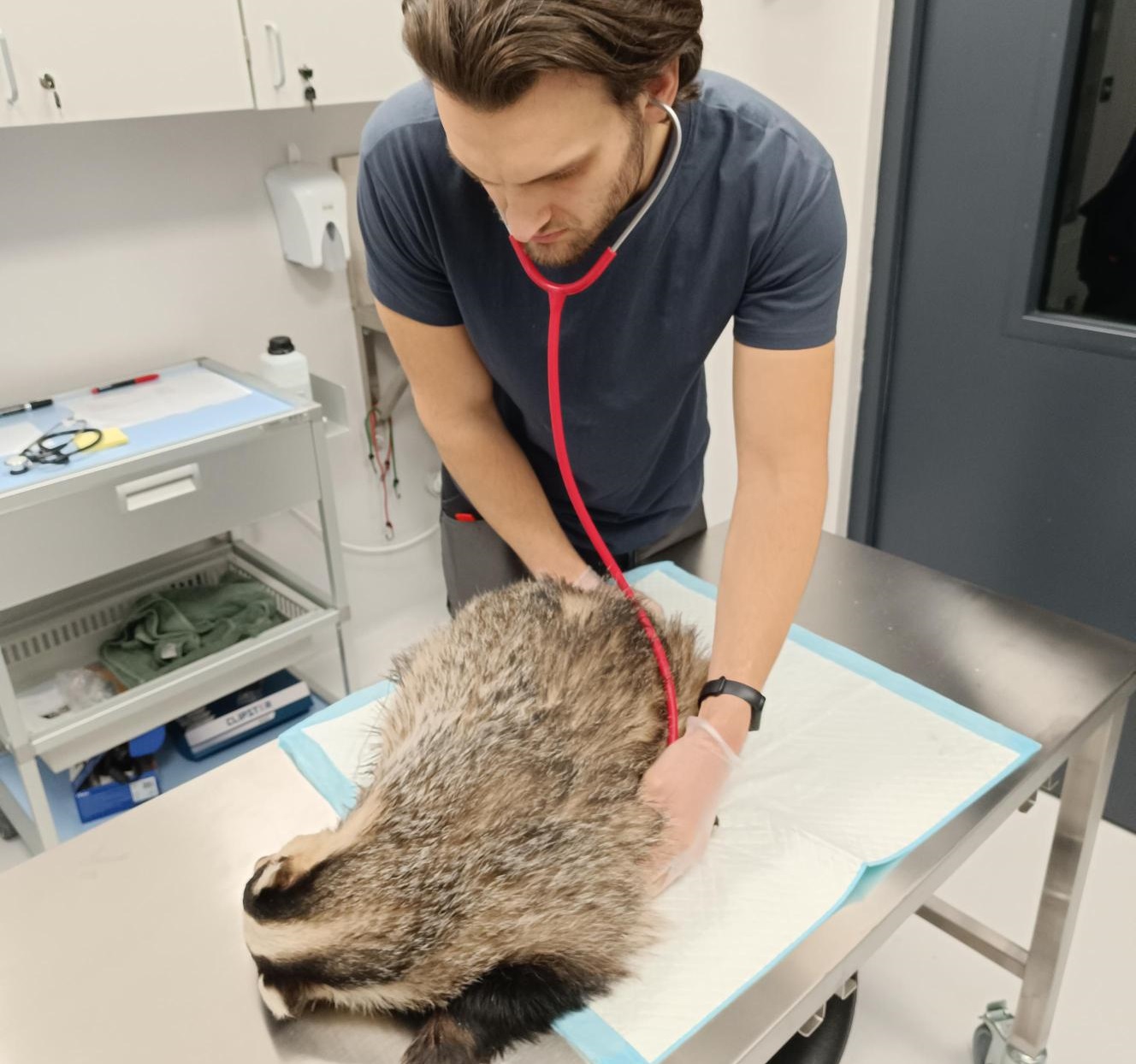
We appreciate the contribution and efforts of our partners, supporters, and all the caring members of the public. We encourage everyone who supports the work of the LSMU Wildlife Rescue Centre to do the same!
DONATION
Beneficiary: Lietuvos sveikatos mokslų universitetas
IBAN (Šiaulių bankas): LT497189900000120546
Payment purpose: Donation to LSMU Wildlife Centre